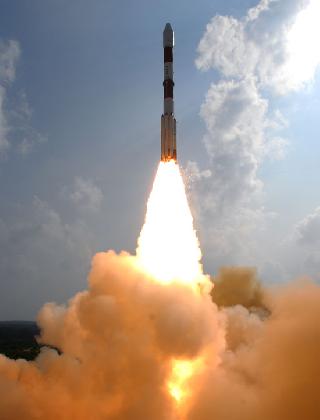
The PSLV C25 takes off. An ISRO photo
WASHINGTON (PTI): India's successful launch of its Mars mission has been described by the mainstream American media as "technological leap" and "a symbolic coup" against China in this field.
"If it succeeds, India's Mars mission would represent a technological leap for the South Asia nation, pushing it ahead of space rivals China and Japan in the field of interplanetary exploration," The Wall Street Journal wrote Tuesday.
"A successful mission by India's Mars orbiter would make the country the first Asian nation to reach the Red Planet -- and provide a symbolic coup as neighbouring China steps up its ambitions in space," the CNN reported, adding that this has given further credence to claims of an intensifying space race developing in Asia, with potentially dangerous ramifications.
"I believe India's leadership sees China's recent accomplishments in space science as a threat to its status in Asia, and feels the need to respond," Dr James Clay Moltz, professor at the US Naval Postgraduate School, told the CNN.
The satellite launched by ISRO on Tuesday is expected to enter the Mars orbit next September and is at a significantly lower cost than that of other countries like the United States.
The cost of the Mars mission is USD 73 million, less than a sixth of the amount earmarked for a Mars probe by NASA that will be launched later this month.
The popular National Public Radio (NPR) wrote as to why the India's Mars mission is cheaper than that of the NASA.
One reason could be the salary of its engineers and scientists, it said.
While the mean annual income for an aeronautical engineer in the United States is just under USD 105,000, the higher end scale for Indian engineers is less than USD 20,000.
"I think labour is the biggest factor, as well as the complexity of the mission.
It takes a whole team of engineers," David Alexander, director of the Rice Space Institute told NPR.
According to Alexander, it appears that India's main goal is just getting to Mars, and so the probe is carrying "relatively simple" and therefore not-so-expensive instrumentation.
"What the Indians want to know is: Will it survive? And will it get into orbit? I think the hope is that even if it fails, they are going to learn something," he said.
Another expert Professor Russell Boyce of the Australian Academy of Science, chairman of the National Committee for Space and Radio Science, said any scientific gains from the mission is unlikely to prove earth-shattering.
"It would be a modest scientific gain that's attempted in the first instance, to demonstrate the capability," he told the CNN.
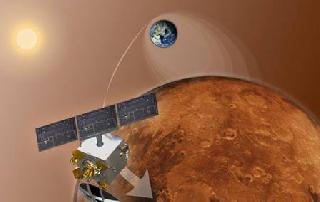 Previous Article
Previous Article Next Article
Next Article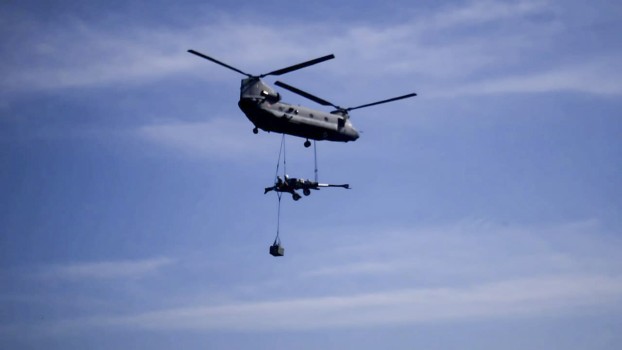

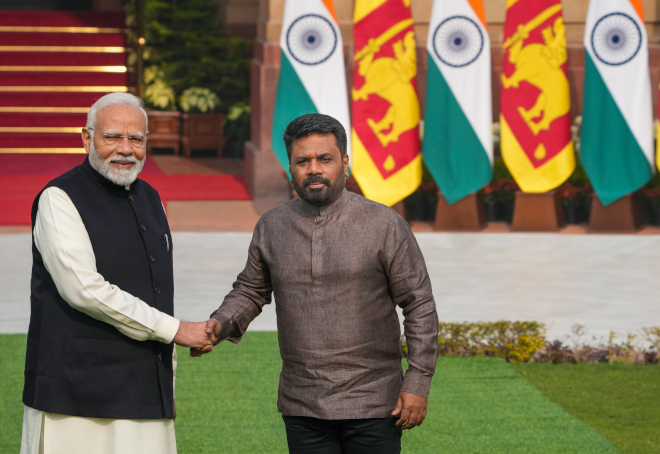
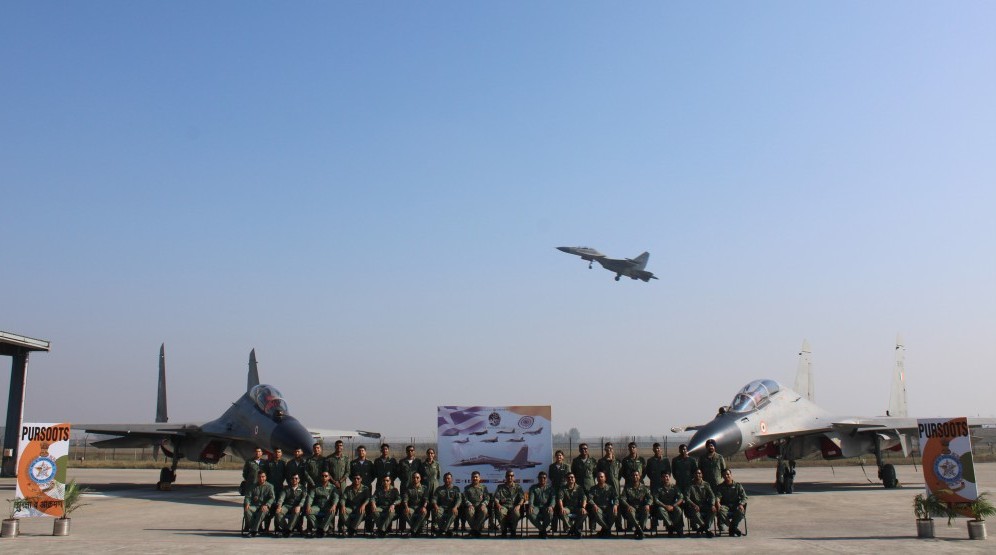










The Indian Air Force, in its flight trials evaluation report submitted before the Defence Ministry l..
view articleAn insight into the Medium Multi-Role Combat Aircraft competition...
view articleSky enthusiasts can now spot the International Space Station (ISS) commanded by Indian-American astr..
view article